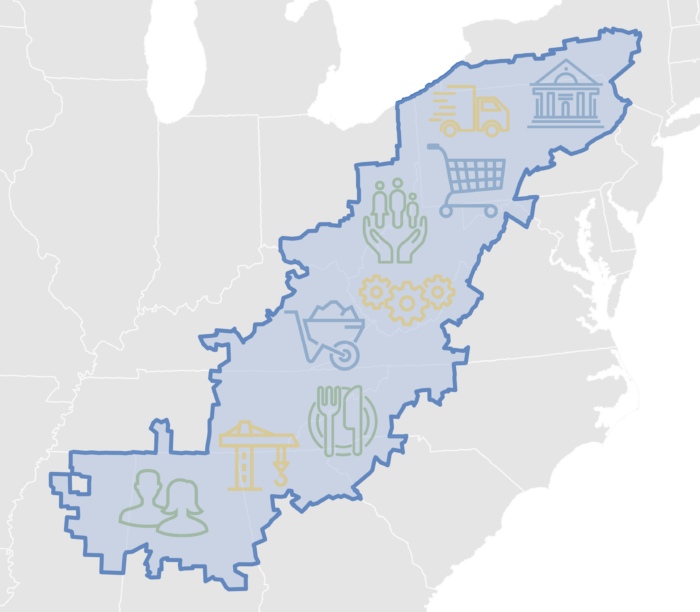A ready and productive workforce is the backbone of economic development. This includes ensuring Appalachia’s workforce is equipped with the right skills and education. ARC investments support educational opportunities and institutions, especially by connecting skill development and workforce training with local and regional business interests and opportunities. Our investments also support workers who are overcoming challenges like substance abuse. The goal is to create a seamless system enabling Appalachians to succeed in existing industries, expand options for workers transitioning into different sectors, and encourage innovation for future opportunities.
Investment Impact
Learn more about ARC’s Investment Process.
Supporting Educational Opportunities and Institutions
To take full advantage of an ever-evolving economy and new job opportunities, Appalachia’s workers must have access to specialized education and skills training in high-growth fields. Manufacturing, health care, and energy require a workforce with strong science, technology, engineering, arts, and math (STEAM) skills. Jobs in transportation, mining, and construction rely on intense and specific technical knowledge. Important sectors like tourism, entrepreneurship, and retail require distinct training. Every ARC investment in a community college, training program, or development program helps workers participate in current job opportunities and prepare for future ones.
Investments in Action
Excel, Inc: Investing in the Excel Nurse Assistant Program
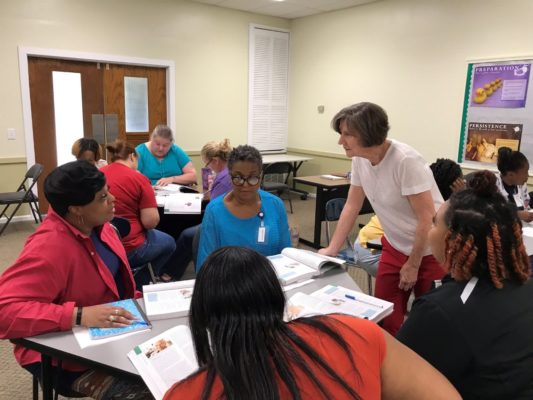
Building a Recovery Ecosystem for a Strong Economy
Unfortunately, overdose rates for Appalachians who are in their prime working years of 25-44 are 70 percent higher than in the rest of the country, indicating that substance abuse remains a challenge to the Region’s workforce. Working with partners across a multitude of sectors including recovery services, health, economic development, private industry, education, state government, and law enforcement, ARC investments are developing a robust recovery ecosystem to improve workforce participation and significantly contribute to a more viable economy in the Appalachian Region.
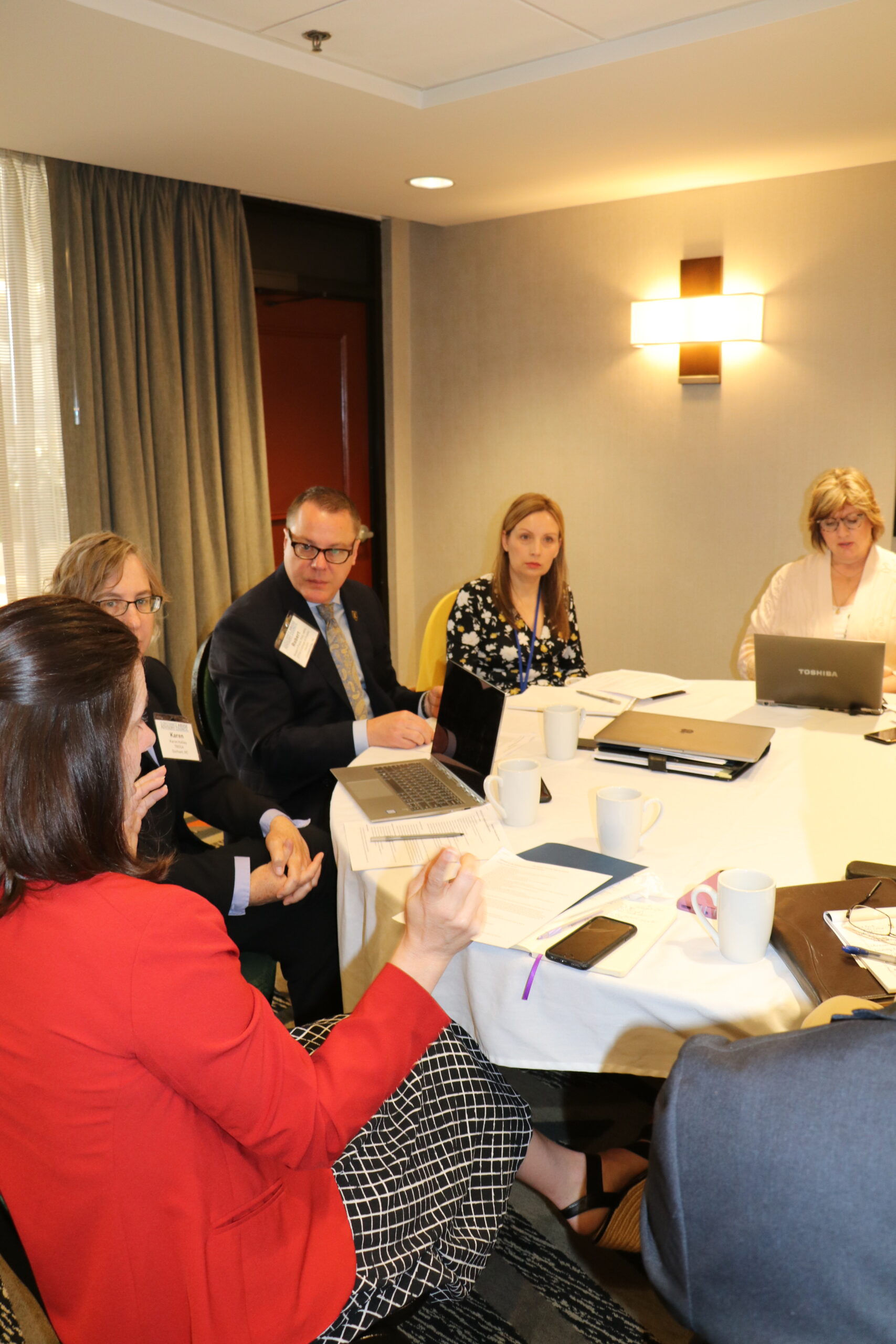
Substance Abuse Advisory Council
ARC’s Substance Abuse Advisory Council includes regional leaders in recovery services, law enforcement, business, non-profits, and other sectors to offer additional guidance for how ARC can support the recovery ecosystem and help more individuals reenter the workforce.
Federal Partnerships for Economic Progress
ARC represents the Region’s unique needs at the federal level by developing robust partnerships with several cabinet-level agencies, including the U.S. Departments of Labor, Commerce, Agriculture, and Energy. By fostering these ongoing partnerships, Appalachia’s institutions, organizations, and other eligible entities can better compete for federal investments and support.
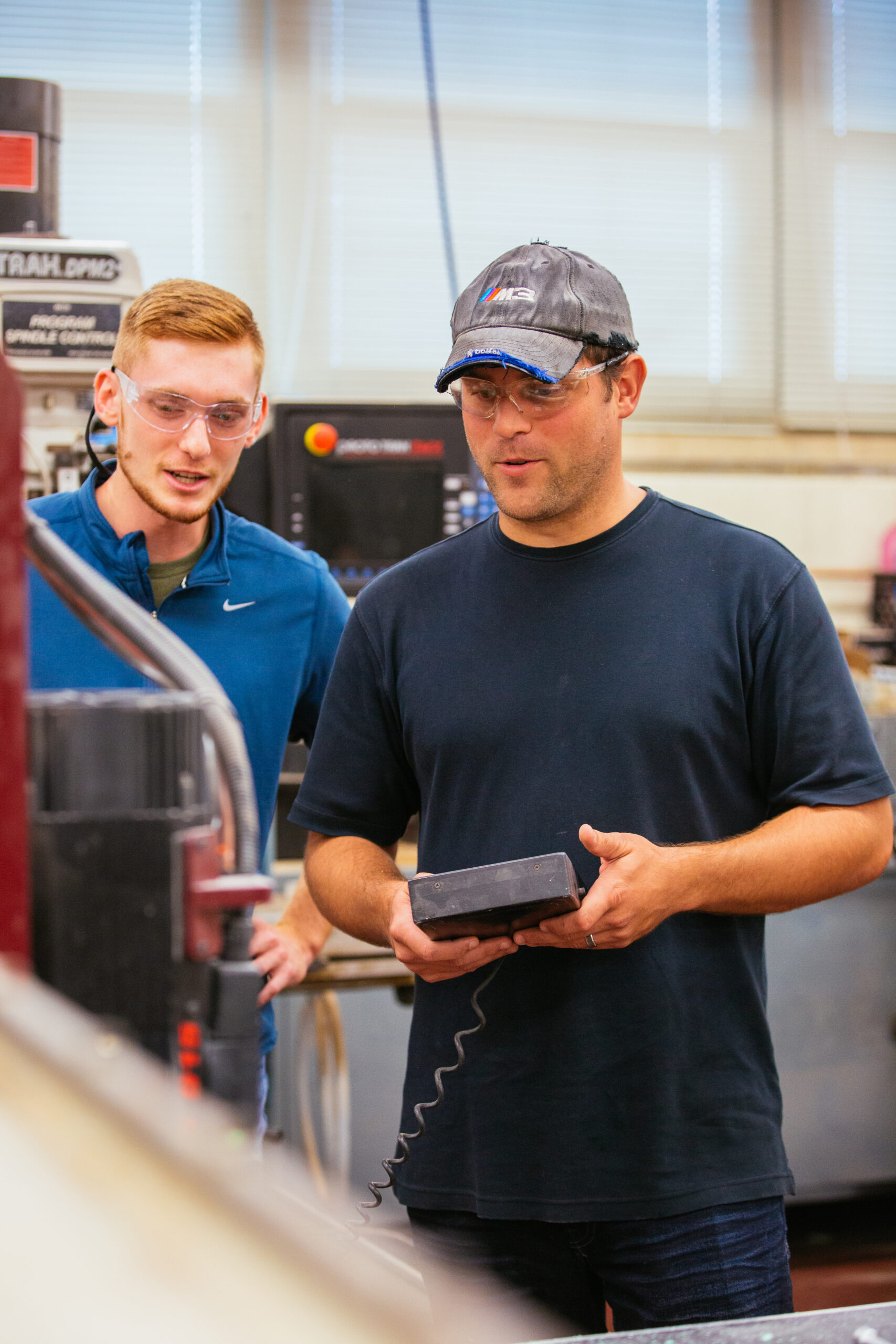
Workforce Opportunity for Rural Communities
Administered by the U.S. Department of Labor, the Workforce Opportunity for Rural Communities (WORC) Initiative implements innovative approaches to provide enhanced training and support activities to dislocated workers, new entrants in the workforce, incumbent workers, and individuals affected by substance use disorder returning to work specifically in the Appalachian and Delta regions.
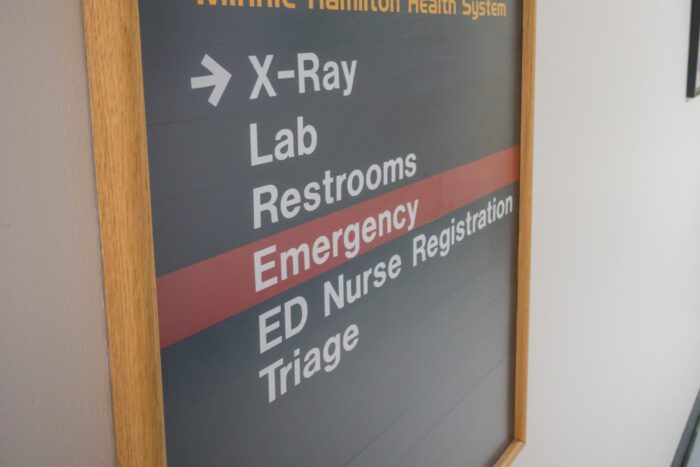
J-1 Visa Waiver Program: Addressing Regional Health Care Shortages
The U.S. Public Health Services has designated many Appalachian communities as Health Professional Shortage Areas. Under certain circumstances, ARC will consider recommending a waiver of the foreign residence requirement on behalf of physicians holding J-1 Visas to place medical providers in these communities to address the Region’s healthcare needs.
